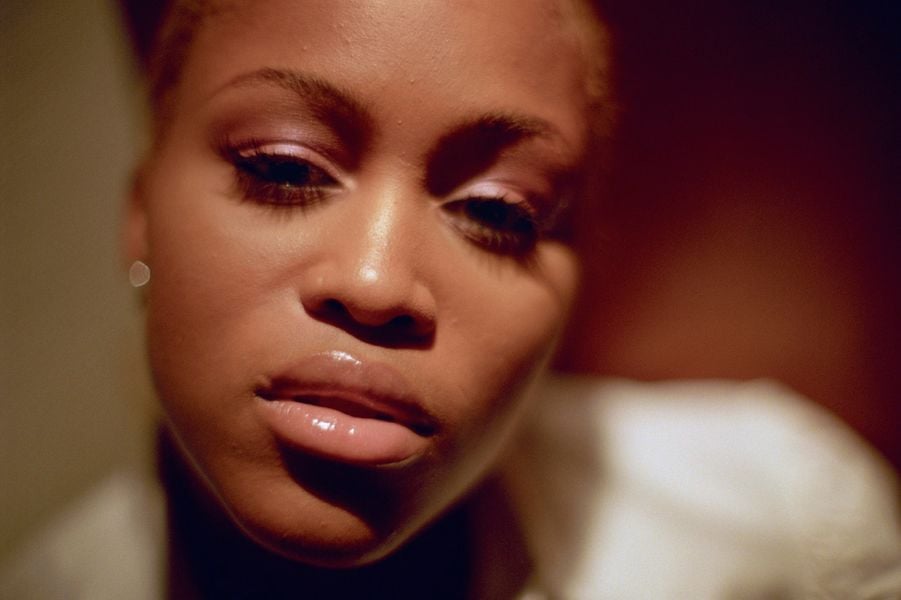Eve never shied away from difficult topics. As one of the most prominent female voices in rap music, she likely understood the responsibility that came with her status; that it was essential for her to raise her voice above the cowling of her male contemporaries and speak up for issues that otherwise would have been drowned out by the male bravado that characterised much of the music (hip-hop or otherwise) coming out around the turn of the Millenium. Here, we take a look at the track used to confront male perpetrators of domestic violence against women.
Eve pursued success on her own terms. In the 1990s, there were very few female rappers with her drive or ferocity of wit. While she knew very well that there was some truth in the old saying ‘sex sells’ – having found work as a stripper when she was 18 – Eve preferred to define herself by her strength, talent, and outspoken stance on social issues. These characteristics are all clearly in play in her 1999 single ‘Love Is Blind’. From the first verse, Eve makes it quite plain that she’s on the war-path, rapping the lines: “Hey, yo I don’t even know you and I hate you.”
That initial interjection, “Hey, yo”, functions in two important ways. Not only does it introduce us to the fictional male perpetrator Eve is about to tear into but it also sees her address her male listeners directly. So when Eve switches the gender roles in the lines: “See all I know is that my girlfriend/ used to date you/ How would you feel if she held you down and raped you?/ Tried and tried, but she never could escape you,” she launches an intentional attack not only on this fictional character but on the power dynamic that teaches men they are allowed to treat women with such inhumanity. By asking them to imagine a world in which the power dynamic is flipped, Eve attempts to induce some much-needed empathy from her male listeners.
‘Love is Blind’ is unflinching in its portrayal of male violence against women, almost as much as it in its desire for retribution. As the song goes on and the narrative unfolds, Eve tells us a story about a friend who is abused physically and mentally by her boyfriend, a man who “Don’t give a f*** if she lives.” Eventually the inevitable happens. Eve brings us back to the line she used to start this story, but not something has changed:”I don’t even know you and I want you dead/Don’t know the facts, but I saw the blood pour from her head/See I laid down beside her in the hospital bed/And about two hours later, doctors said she was dead.”
At this point, Eve has us in the palm of her hand. So, when Eve transports us to the graveside of her friend, where her killer has “…the nerve to show up at her mother’s house the next day/ To come and pay your respects and help the family pray.” we are urging Eve to take her revenge. And that she does. Before he has the time to stand up, Eve raps, she fires a bullet into him –
“clear shots and no regrets”.
‘Love is Blind’ offers us a brutally honest portrait of domestic abuse and, in just three minutes, offers a 360 panorama of the origins, nature and outcome of this kind of violence. And, despite the fact that Eve’s narrator has committed an act of murder and is dragged off by police, as the track fades out, we feel only sympathy for her.
